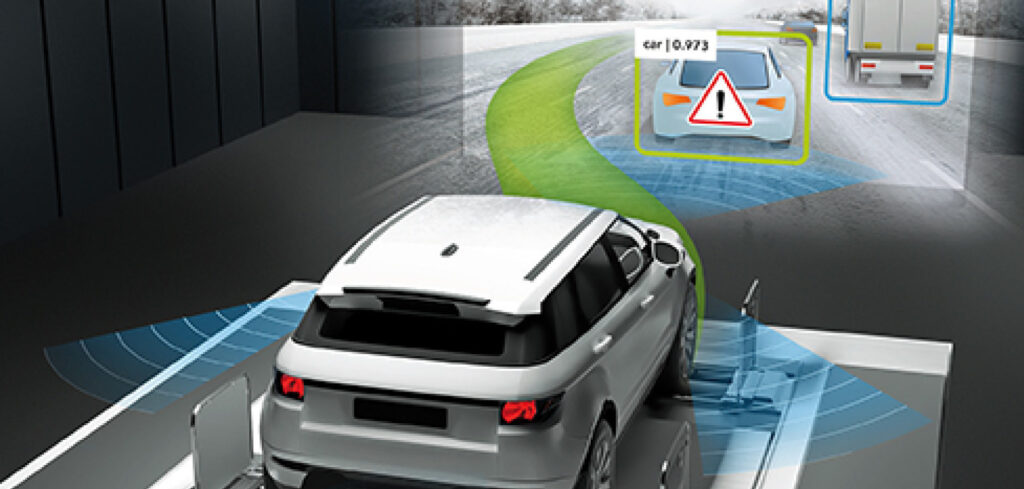Austrian development, simulation and testing specialist AVL is collaborating with Clemson University’s International Center for Automotive Research (CU-ICAR), in the US state of North Carolina, to advance methods for autonomous driving research. As part of the collaboration, CU-ICAR will be home to the first AVL DrivingCube system in the USA, which will enable students and researchers to perform complex ADAS/AD validation and verification tasks from the safety of a laboratory environment.
“With driverless vehicles transforming our industry, our work must be fast, efficient and robust to produce the translational results our partners expect from Clemson University,” said Zoran Filipi, chair of the department of automotive engineering at CU-ICAR and founding director of the Center for Virtual Prototyping of Ground Systems (VIPR-GS). “Our collaboration with AVL allows us to integrate state-of-the-art technologies into our research and provide real-world learning experiences to produce the engineering leaders of tomorrow.”
AVL will also outfit the facility’s existing chassis dyno with the DrivingCube to interface with the testbed, electronic control units and the environment simulation software. The CU-ICAR team will receive a suite of AVL software to support the system, allowing them create scenarios, generate test cases and test the vehicle in a virtual environment.
“We are excited to work with CU-ICAR to deliver the first AVL DrivingCube here in the states,” said Ben Strayer, regional business manager, software, AVL. “Our system is flexible, which allows us to enhance and build upon existing equipment with ease. With this solution, the next-generation of STEM leaders can better understand and optimize on-road and passenger vehicle applications.”


